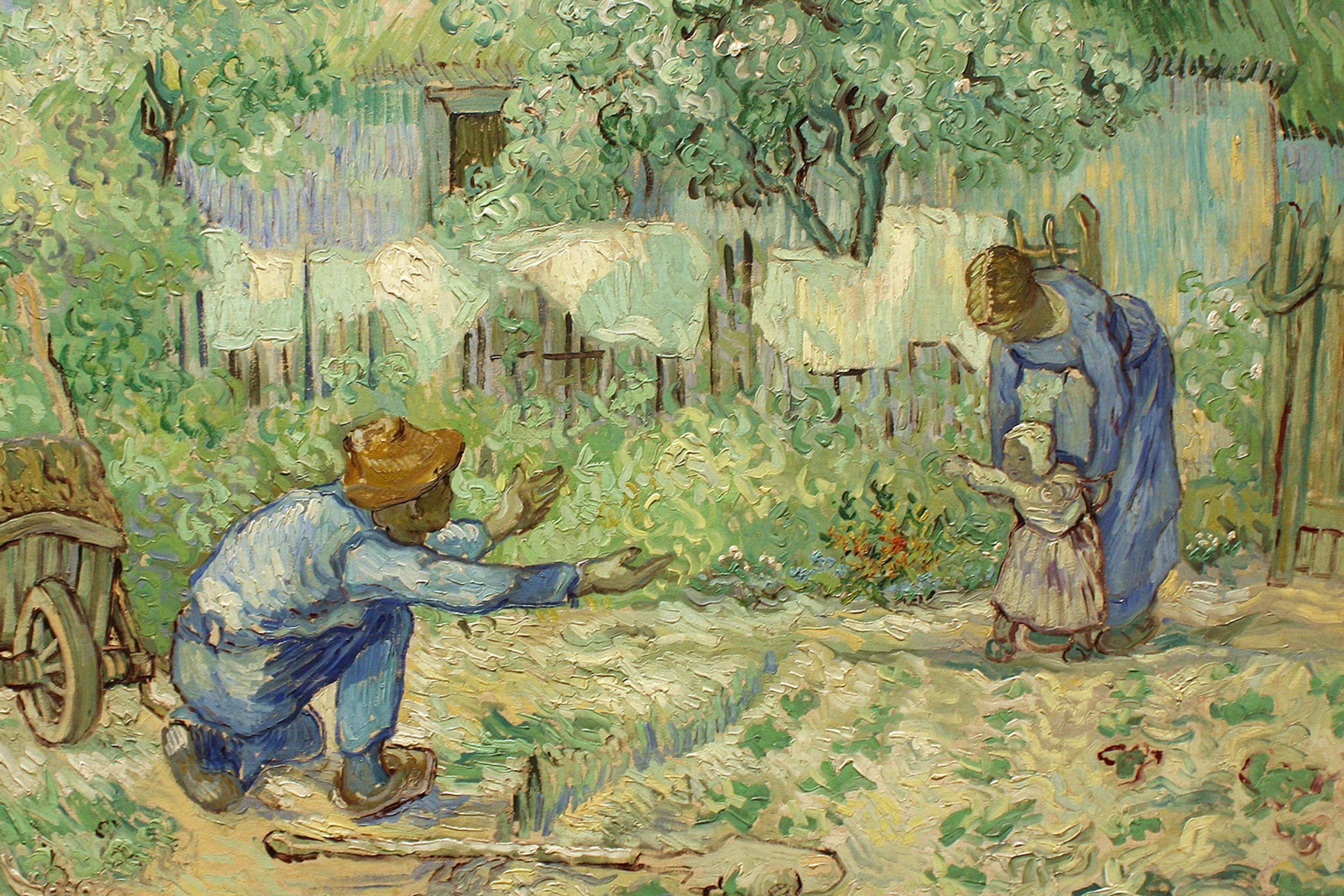Money can mean many different things to people. It is not just a way to exchange services and goods: thoughts about money also reflect deep-seated values, aspirations and one’s sense of self. For example, consider Grace, an avid traveller, who thinks primarily of money as a means to pursue her passion for discovering the world and having new experiences. Her partner, Will, on the other hand, sees money more as a way to silence doubts about his ability to provide, and as something that helps him compete with his successful brother. For him, money is a defence against insecurities.
In the past two decades, research on goals and financial beliefs has emphasised the importance of the underlying motivations for certain actions or attitudes. It is not just how much someone wants something but also why they want it that matters. When it comes to a person’s motives for earning and having money, research has found that people vary on (at least) two dimensions.
First, there are money motives related to personal growth, such as seeing money as a way to feel pride, to be compensated fairly, to facilitate freedom, and to enrich leisure activities. For some people, these are highly important factors; for others, less so. A contrasting group of money motives has largely to do with addressing personal shortcomings: it includes seeing money as a means to feel better than others, to suppress self-doubt, and to be able to spend impulsively without requiring forethought. While both sorts of money motives occur across income levels, the growth-oriented motives have been associated with greater life satisfaction, whereas the shortcoming-related ones have been linked to lower wellbeing. Thus, Grace might feel more satisfied with life overall than Will, given her views on what money means.
Importantly for couples like them, views about money are also relevant to how well people fare in their relationships. Relationship satisfaction tends to be lower for those who highly value material possessions and wealth, as well as those who see their self-worth as contingent on their financial position. This suggests that seeing money primarily as a way to address insecurities might hurt relationship satisfaction, whereas seeing money as a means for growth might have more positive effects.
Going a step further, the match-up of each partner’s money motives could make a difference. But how? Perhaps ‘opposites attract’ in this domain, and the most satisfied couples are those in which the partners’ views on money are different and somehow complementary. Alternatively, it’s possible that the happiest partners are those who share the same outlook on what money means to them.
One clue about this comes from research on couples’ fights over money. My colleagues and I have found that one of the common themes in such arguments is a disagreement over each partners’ financial values. Two partners who view money as a means for very different ends might tend to quarrel about decisions on how to spend it. For example, Grace wants to spend money on budget airlines that will allow her to travel further and see more places, which is linked to her motivation to use money for self-expansion. This might conflict with Will’s desire to use luxury airlines as a way to show off his wealth, since looking well in comparison to others is central to his motivation to have money.
Previous work has also shown that people who agree with a single statement – ‘We share financial values’ – report being more satisfied in their relationship up to two years later. Similarly, research suggests that people who spend money quite freely tend to experience more relational harmony (they report seeing eye-to-eye more, and fighting less) when partnered with someone who spends the way they do, rather than with someone who is restrictive about spending.
People who believed that their partner held money motives similar to theirs reported higher relationship satisfaction
What previous research has not made clear is whether a match between each partner’s money motives means better relationship satisfaction, even when those motives are relatively negative – such as wanting money to feel superior. To explore this, my graduate student Morgan Joseph and I collected more than 600 people’s reports of their own money motives and the motives they perceived their partner to have. We also examined self-reported money motives in a group of more than 100 couples. All participants were in long-term relationships, and most were married, so their finances were highly interdependent.
As might be expected, individuals who reported strong money motives related to personal growth (eg, to feel pride, enrich leisure activities) tended to report feeling more satisfied with their relationships. Conversely, on average, people who reported money motives concerned with addressing shortcomings (eg, to feel better than others and overcome self-doubt) reported lower relationship satisfaction. Grace, who thinks about money as a means for pursuing her hobbies, would likely feel happier with her relationship than Will, who thinks about money as a means to one-up others.
However, we also found that people who believed that their partner held money motives similar to theirs reported higher relationship satisfaction – regardless of the specific types of motives. And when we examined actual similarity between partners, we found even clearer evidence that having shared views of money could be beneficial. When one partner had relatively strong growth-oriented motives, that seemed to make a positive difference to the satisfaction of both partners, but couples with two growth-oriented partners reported even higher relationship satisfaction. For shortcoming-oriented money motives, when just one partner considered such motives relatively important, it seemed mildly detrimental to relationship satisfaction. But both partners endorsing such motives more strongly was actually associated with significantly greater relationship satisfaction, on average. Thus, thinking similarly to one’s partner about money may be more impactful than each partner’s money motives in isolation.
We can imagine a different couple, Taylor and Sara, both of whom think of money in a similar way: Taylor thinks of money as a status marker that silences doubters, and Sara views her income as a way to show her parents that she is more successful than her sisters. Our results suggest that they are both probably happier in this like-minded pairing than they would be with a partner like Grace, whose money motives do not relate to personal shortcomings at all.
The way people view money, then, likely has a meaningful connection not only to their financial choices or general happiness, but also their romantic relationships. This link could be due in part to more or less conflict about financial decisions in the household. But it could also exist because money motives say something about who a person is and how they want to shape their life. For example, primarily conceiving of money as a way to fund leisure activities and exploration might reflect – and perhaps reinforce – a general interest in self-expansion, which itself is linked to better relationship quality.
How people see money can also change over time. Views about the purpose of money and how one plans to spend it are shaped by socialisation in one’s early years, as well as by later life experiences such as formal education and work. In a study of university students, for example, their parents’ job insecurity was associated with the students’ own money anxiety and shortcoming-oriented money motives.
Research on personality traits and attitudes indicates that partners can become more similar to each other over time – and the same might occur with their money motives. Two partners could potentially shape each others’ money motives as they discuss financial decisions in their daily lives, which might in turn improve their relationship satisfaction. Indeed, the more Grace and Will discuss each other’s views on money and their underlying motivations, the more opportunities they will have to learn about each other’s values, and perhaps to find common ground. In some relationships, it might not be clear how one partner’s money motives align with the other’s. Discussing one’s reasoning for specific financial decisions – such as buying budget, rather than luxury, tickets – could provide starting points for a larger discussion about what money means to each person.
Of course, money motives are only one aspect of a person’s overall set of values, and only one area in which partners might agree or disagree. A couple can have similar or disparate views on health, education, entertainment, sex and countless other subjects. If they happen to agree (or come to some agreement) on what money is good for, our work suggests, that is all the better for them.








